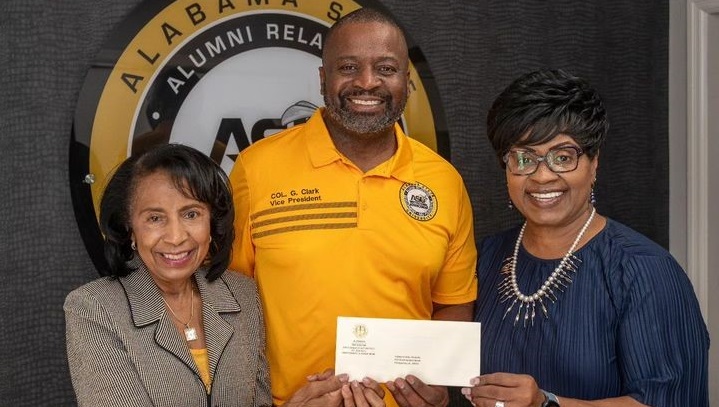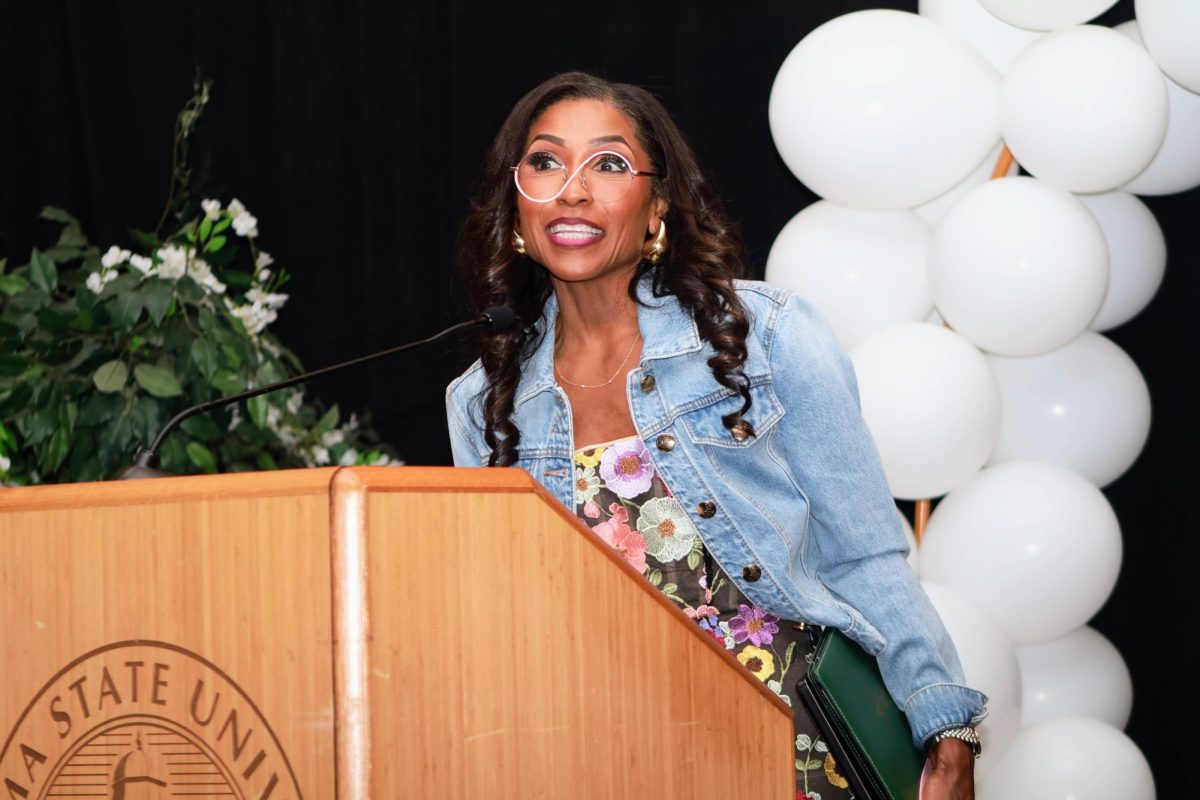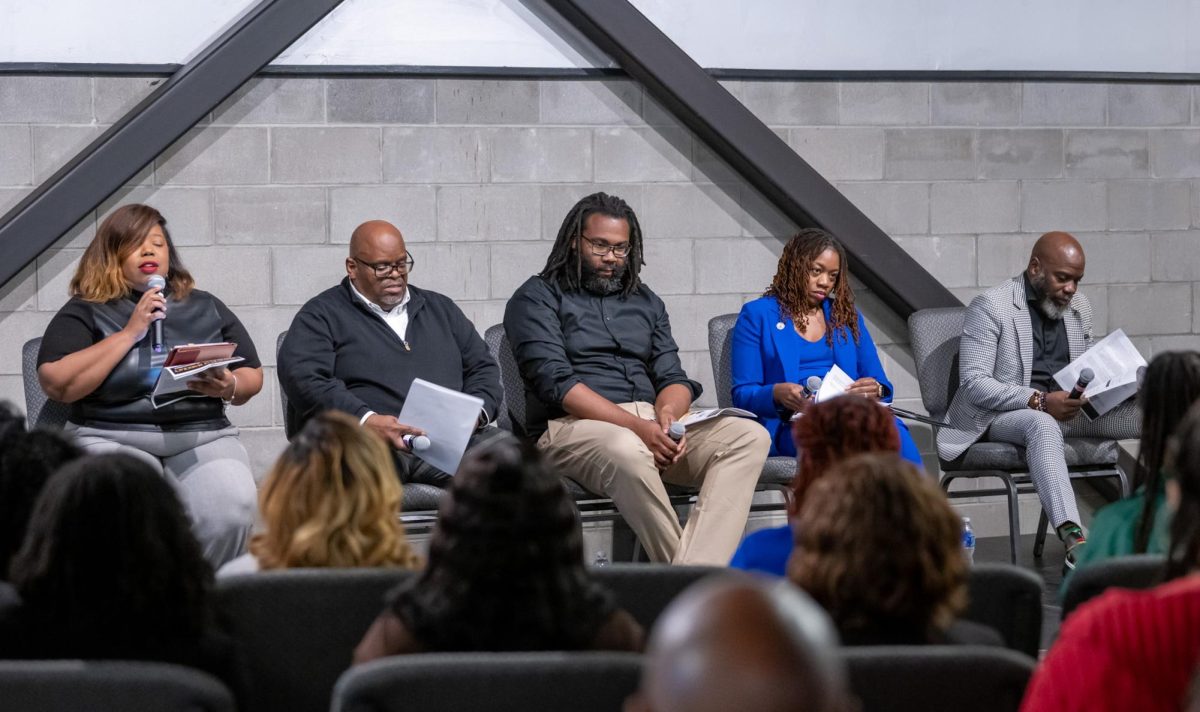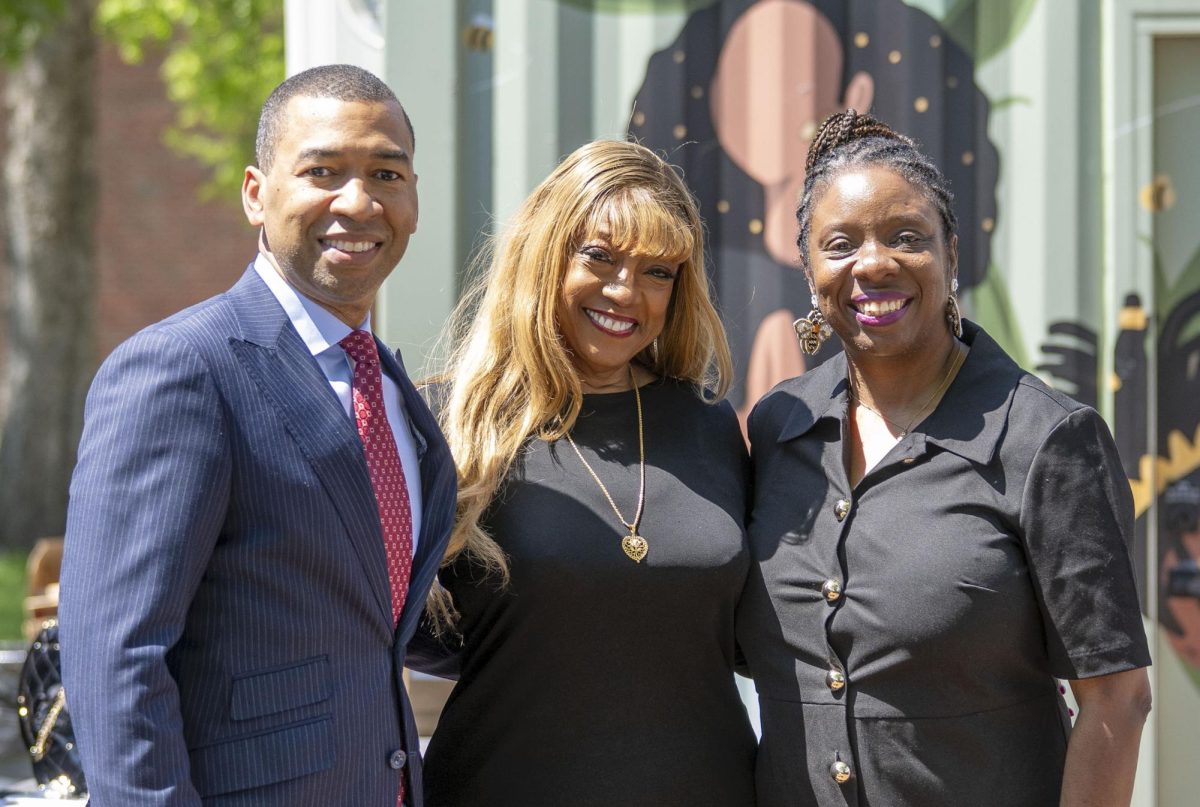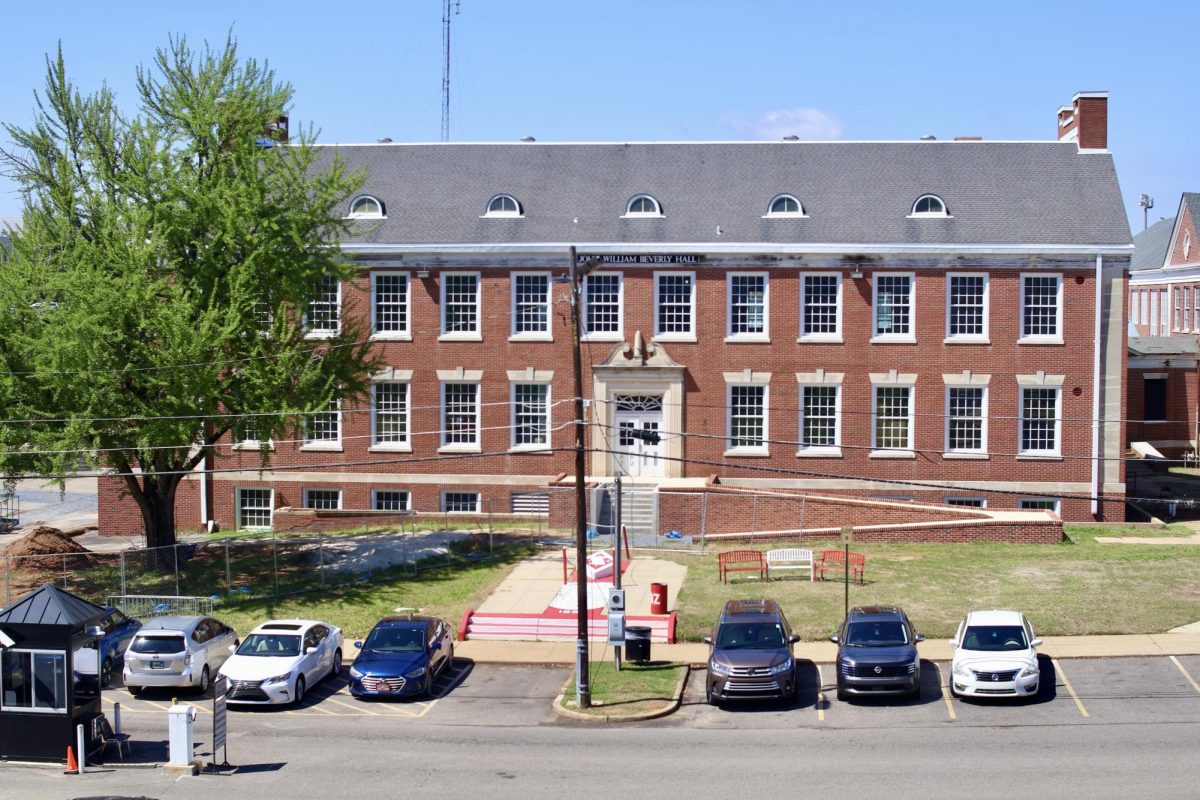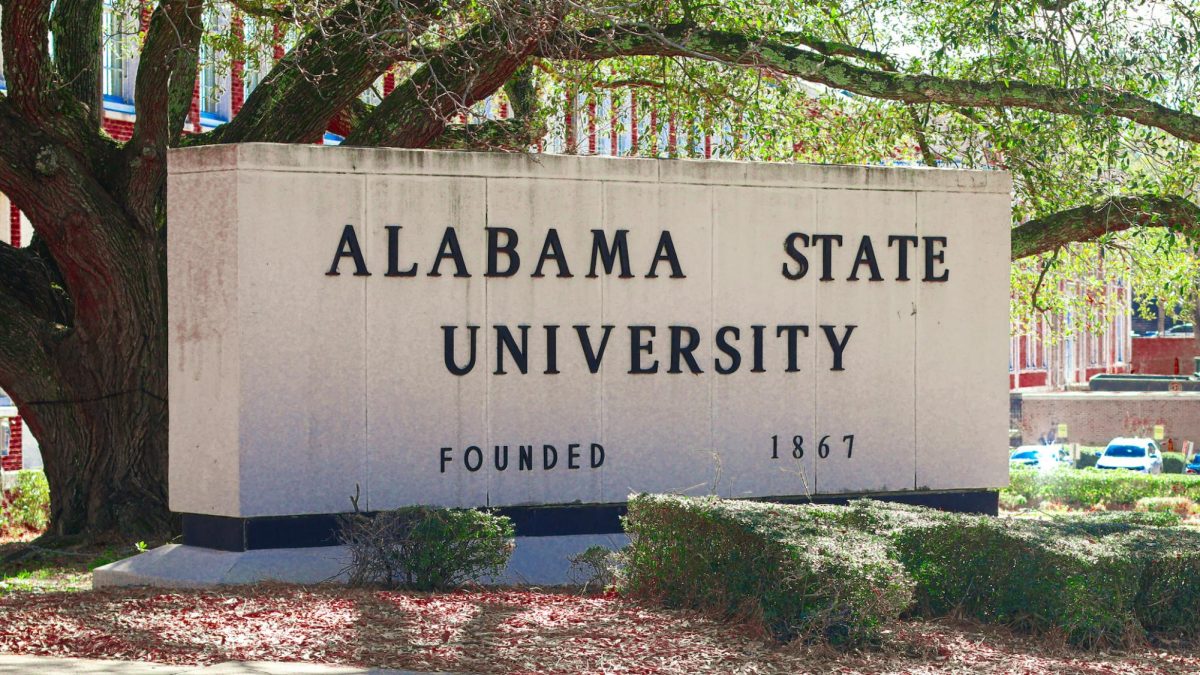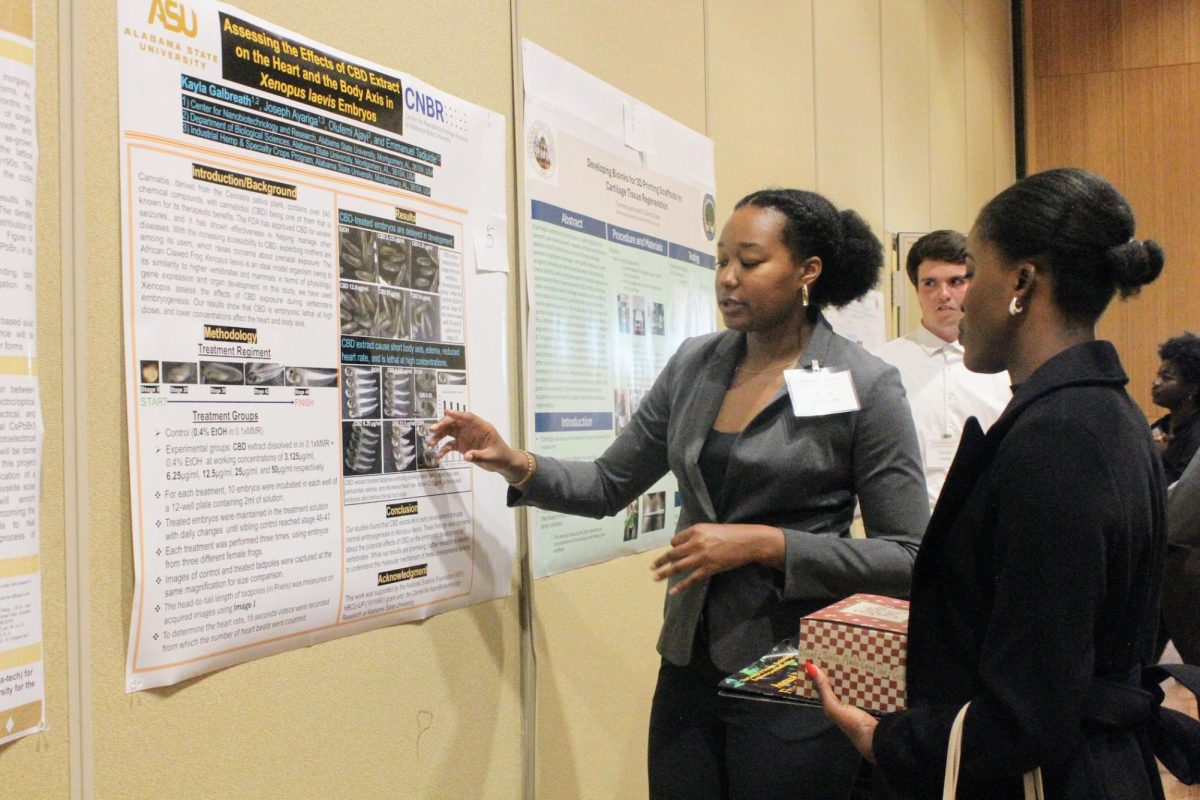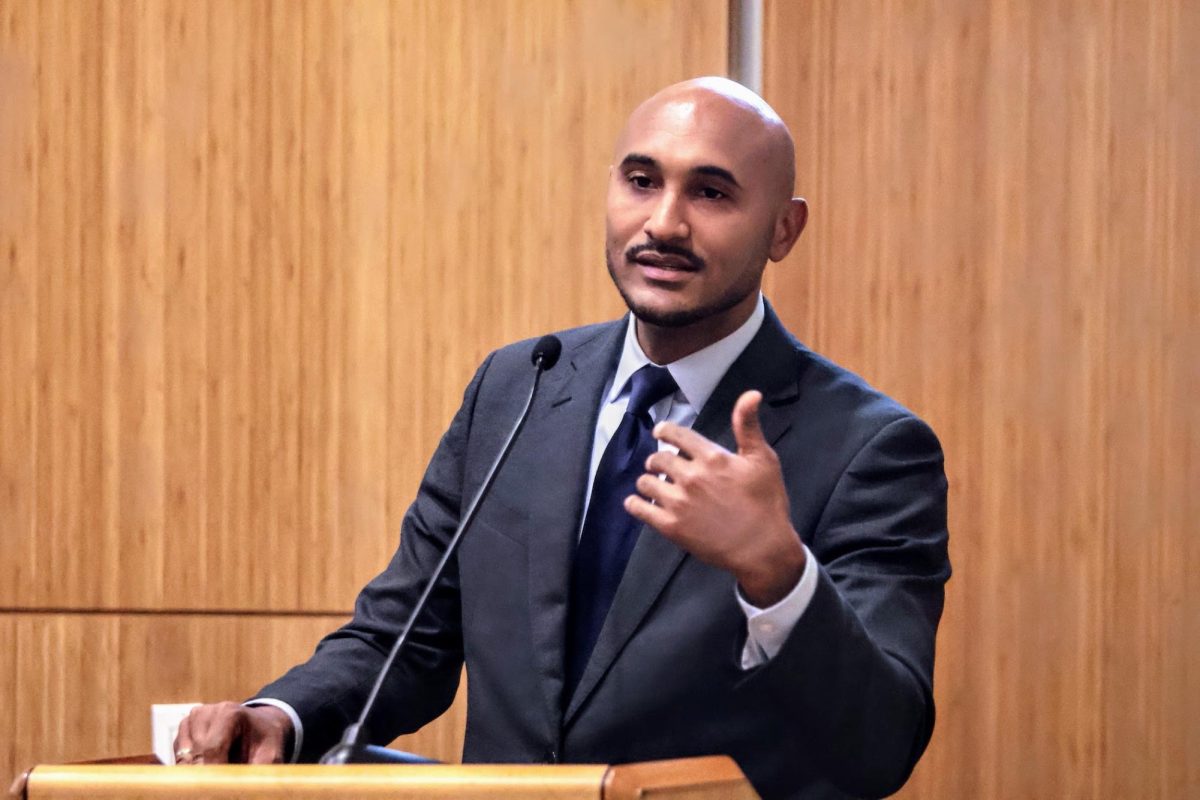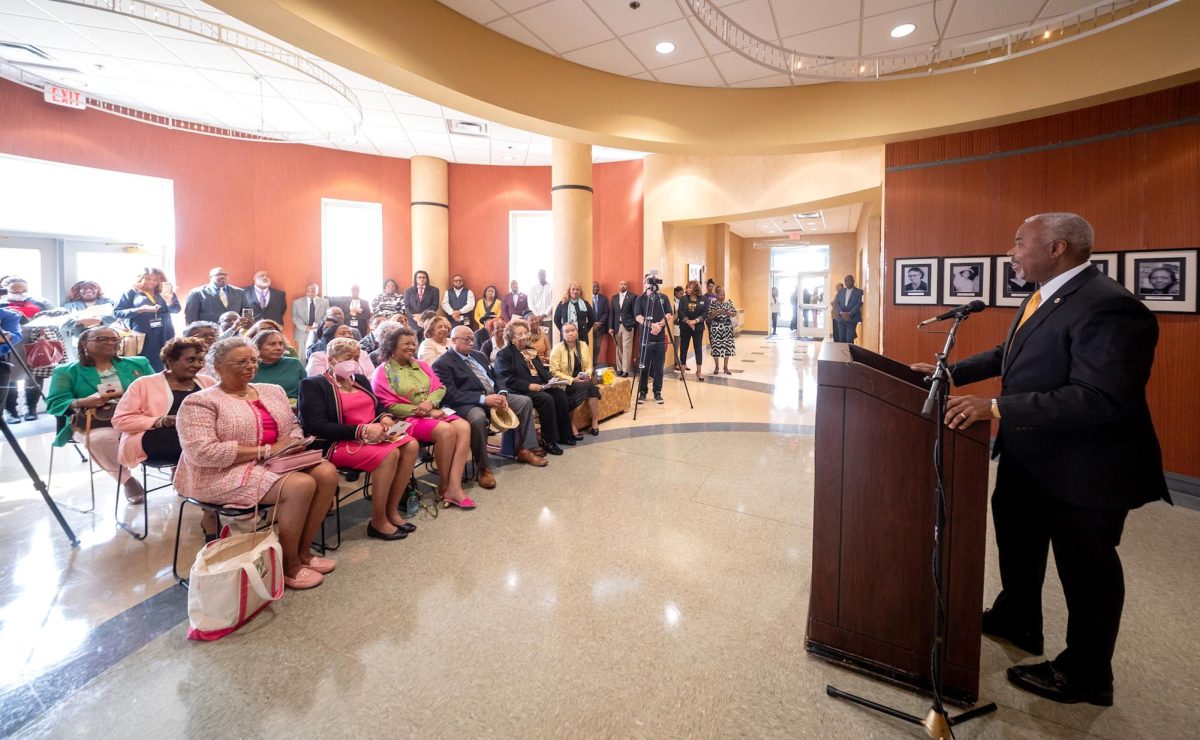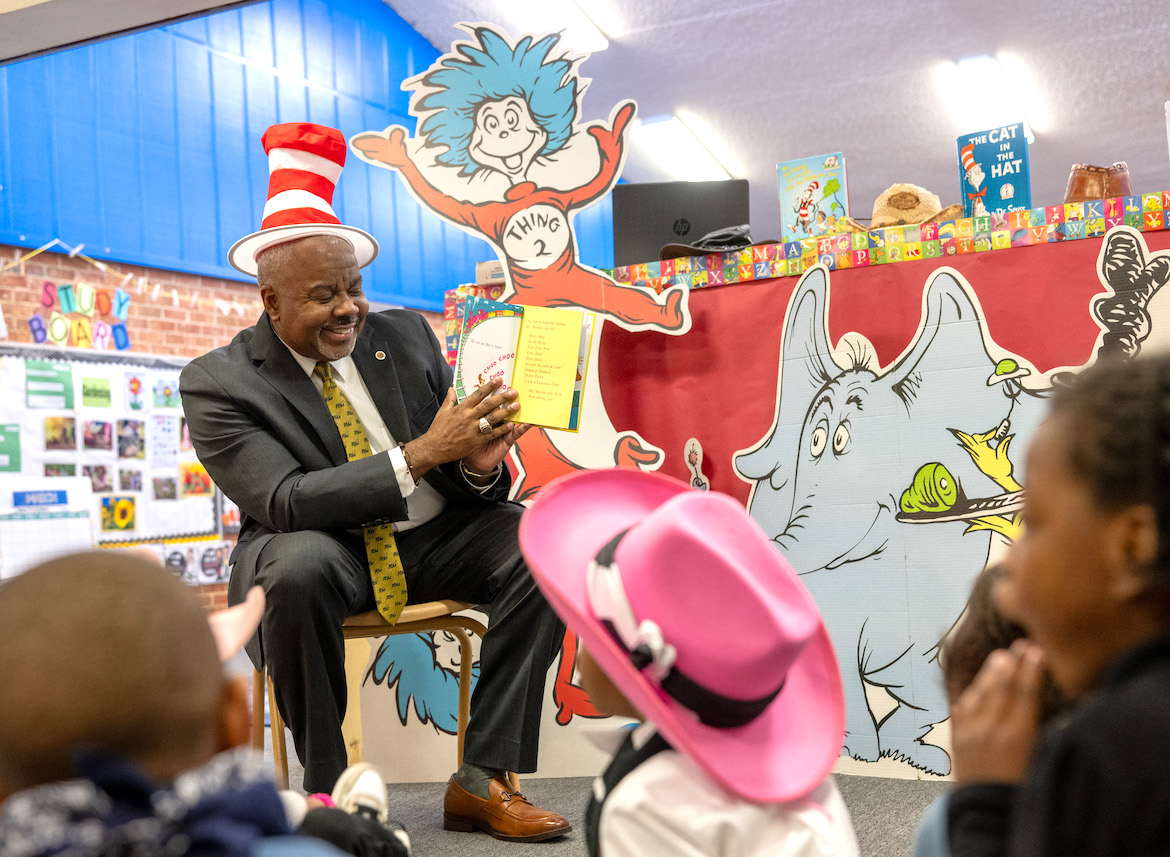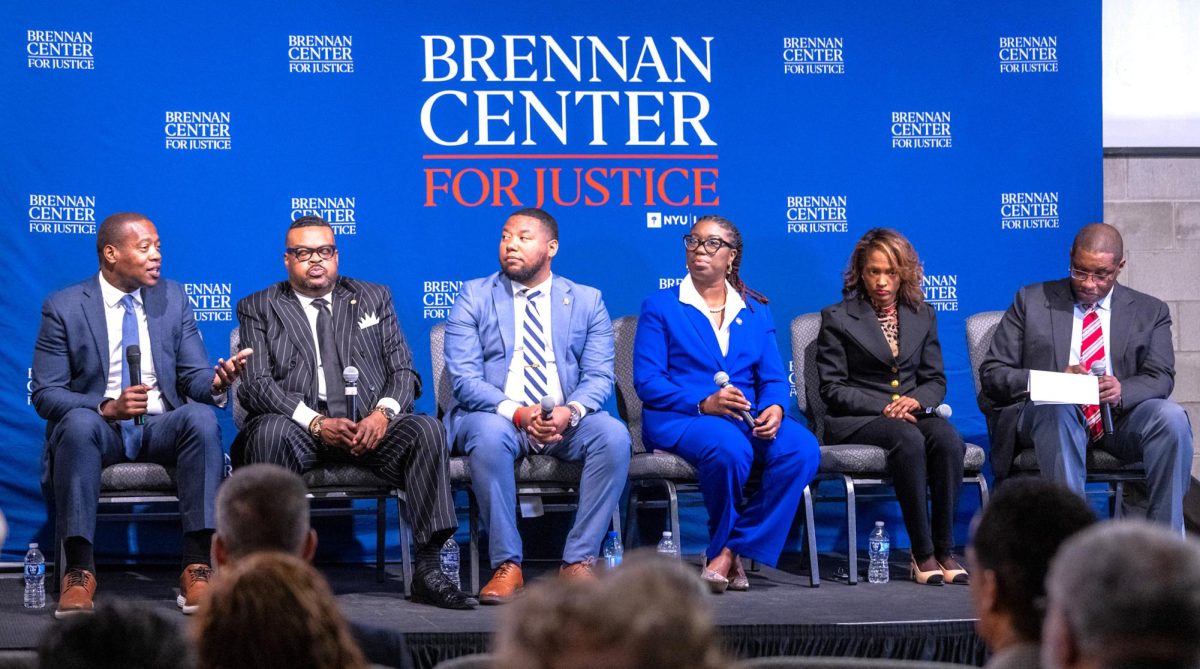Alabama State University’s cultural and educational programs received a $50,000 boost, thanks to a community service grant from State Sen. Kirk Hatcher. Split between two flagship initiatives, the College of Visual and Performing Arts (CVPA) and the National Center for the Study of Civil Rights and African American Culture (NCSCRAAC), the grant will drive new opportunities in arts, history and community engagement at the university.
Sen. Hatcher, represented by the university’s vice president for Institutional Advancement and executive director of the ASU Foundation Col. (ret.) Gregory Clark, presented the grant at a ceremony at the university’s Alumni House. The checks were accepted by Dean Wendy R. Coleman, Ph.D., of CVPA and Dean Janice Franklin, Ph.D., of the NCSCRAAC.
“It is an honor to be able to contribute to Alabama State University and to two of the university’s dynamic programs, which are its College of Visual and Performing Arts and its National Center for the Study of Civil Rights and African American Culture,” Sen. Hatcher said. “The continuous impact that the university makes to the community is wonderful.”
For CVPA, the grant will support theater and dance productions, as well as its expanding summer camps.
“Senator Hatcher stipulated that $10,000 would go directly to the department of theater,” Coleman explained. “If you’ve seen any of our productions or shows, you’d know that they’re filled with spectacles and amazing costumes and that stuff costs money! So that $10,000 would support production and departmental expenses for the theater and dance department.”
The remaining $20,000 designated for CVPA will fund the college’s growing lineup of summer camps, which provide arts education and scholarships for underserved youth.
“We’re up to seven summer camps now, between the end of May until the middle of July,” Coleman shared. “All of that would support our camps, and it usually ends up becoming scholarships for underprivileged children.”
CVPA summer camps serve various age groups, with programs tailored to young children, teenagers, adults and individuals with disabilities.
“Our goal is to serve every part of the population during our summer camps,” Coleman said. “T.A.P.S. stands for theater, artists, performance and school for ages 6-12, while 3T, which stands for teaching through theater, is for teenagers.”
Coleman expressed deep gratitude for Sen. Hatcher’s continued support.
“When they called me and told me we had some money, I was so excited! We are so humbled that Sen. Hatcher gave us this grant,” Coleman said. “This is not his first year doing this, he did it last year also. Over the years, he has always supported the theater, and he promised to continue to support us. We are elated that he is a man of his word and that he has kept up the support.”
For the NCSCRAAC, the grant will support its ongoing initiatives around voting rights and historical documentation.
“This grant gives us the opportunity to further our work in the area of voting rights and voting rights history,” Franklin said. “I want to give our sincere appreciation to Senator Hatcher for making it possible to have this donation that’ll support us in the area of voting rights.”
Franklin highlighted the senator’s support for the National Center’s “Voters Portal,” a digital platform designed to provide resources related to voting rights.
“He has been very interested in our projects within the National Center,” she said. “He helped us design a website called the voters portal, and that is an opportunity to bring together information related to voting rights. All of this was made possible through his work.”
Looking ahead, Franklin noted that the National Center is already planning for a significant milestone.
“Next year in 2025, as we work towards the 50th anniversary of the Selma to Montgomery voting rights march, hopefully, we’ll be able to utilize some of his contributions to help us and assist us in planning a celebration. A celebration that’ll reach and teach people around the world about the Selma to Montgomery march and ASU’s involvement in that march.”
Reflecting on the grant’s impact, Franklin added, “We were so excited and appreciative at the same time when we found out that we received this grant. It is a very significant contribution, and it lets us know that others are looking at what we’re doing and enabling us to continue to sustain our work.”


